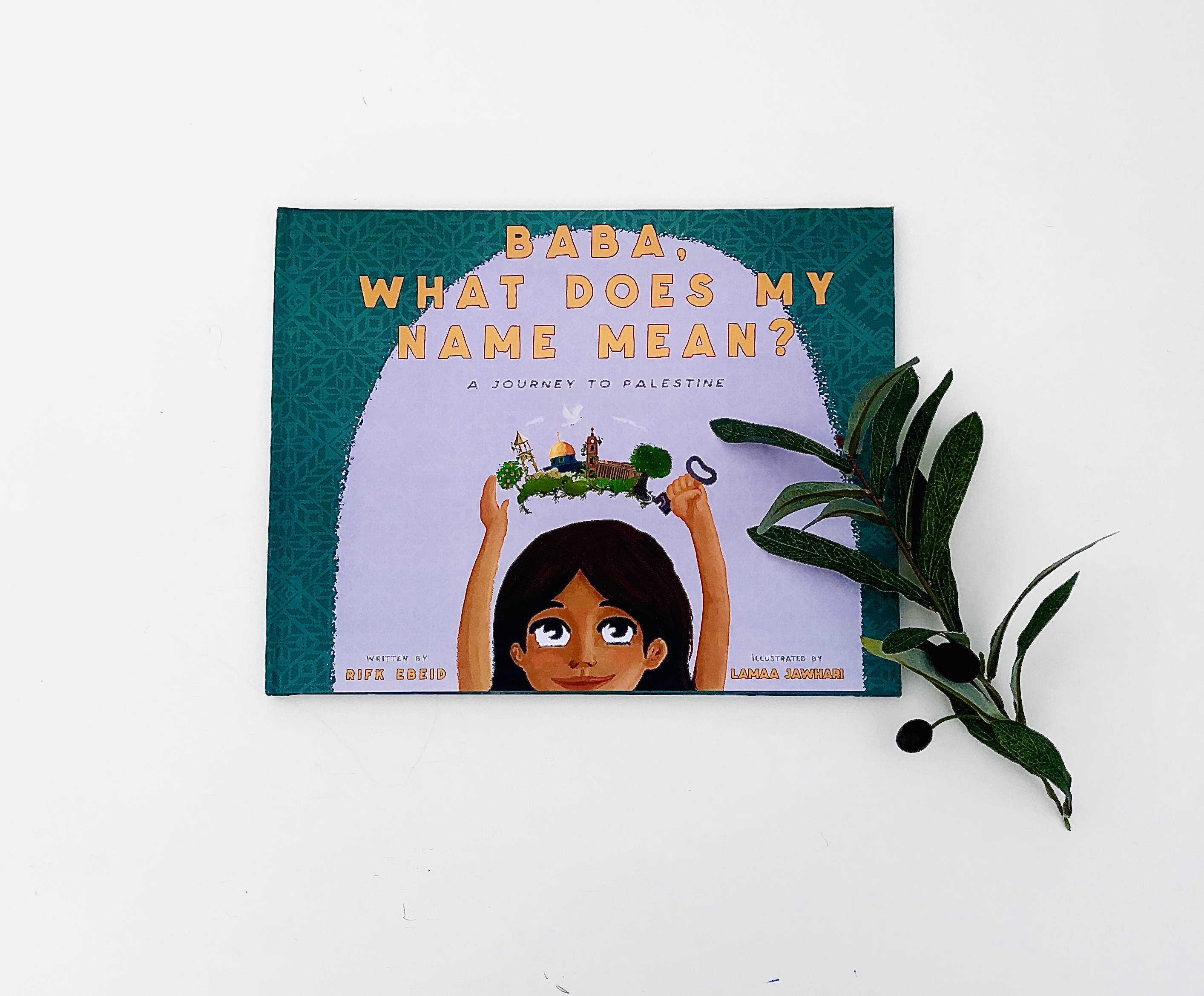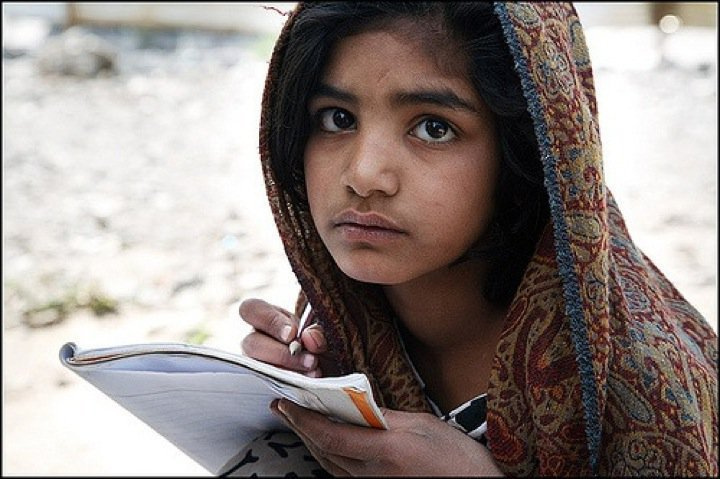As an American who is also a Muslim and a woman, the last year and a half has drained what little enthusiasm I carried for the political process. Last Tuesday however, for the first time since President Trump’s unforeseen win of the presidency, I felt a glimmer of cautious hope in our democracy. The catalyst for this renewed conviction was Rashida Tlaib–a 42-year-old woman poised to become both the first Palestinian-American and the first Muslim woman to hold a national office.
On Tuesday night Tlaib beat a crowded field of Democrats to clinch the Democratic nomination in Michigan’s 13th Congressional District. The victory clears the path for her to be elected to Congress come November, when she will run unopposed in a race that has no Republican or third-party challengers.
Her win is streaked with irony, not least of all because Tlaib is a woman replacing a Congressman who stepped down in ignominy last December amid allegations that he had sexually harassed female staffers. But the larger poetic justice nestled within Tlaib’s win is that almost exactly two years ago to the day, she stood up, along with a dozen other women, to heckle Trump–when he was just the Republican presidential nominee—while he campaigned in Detroit. She interrupted his speech, shouting “Our kids deserve better!” before security promptly removed her from the event and police arrested her.
Two years later, upon narrowly winning Michigan’s 13thCongressional District with her indefatigable campaigning style, Tlaib expressed the same sentiment to supporters “You deserve better than what we have today with our president.” So it seems Tlaib has come full circle.
Tlaib has never concealed her contempt for President Trump, even describing his election as the “bat signal” that provoked many progressive women to run for office. In fact, 2018 had the highest number of female nominees in history — at least 182 — running for the U.S. House of Representatives. And after her unexpected win, Tlaib helped the “pink wave” cross another milestone: the first Muslim woman and the first Palestinian-American in Congress.
Trump’s election not only galvanized women to compete to become political leaders in their communities, but also Muslim Americans. Tlaib, the eldest daughter of Palestinian immigrants, was one of more than 90 American Muslims running for office this year.
It was a swelling sense of alienation and anxiety that motivated so many American Muslims to step out from the sidelines and into political races. From the president casually revealing to Anderson Cooper that he believes Islam hates the United States,to the U.S. Supreme Court sanctioning the Muslim ban as legal, to hate crimes against Muslims in recent years surpassing even the spike after 9/11, Muslims have very real reasons to feel their government has, at best, abandoned them and, at worst, is actively threatening them.
And this is precisely why Tlaib’s win is such a reassurance of both decency and democracy. Tlaib herself told The Detroit News, “[This] is something that is inspiring to many people…that a girl with a faith that is literally being targeted every single day by not only this administration, but the media, could run and make history.”
Tlaib’s victory has revived an alienated community’s belief in democracy. And I and every other American Muslim is hopeful that upon arriving in Congress, Tlaib will be able to serve Americans in a way that represents Muslims, women, ethnic minorities and immigrants.
As Tlaib says, “Even though people still may not understand my faith, I expose it in such an impactful way through public service. People still cannot pronounce my name, but they remember the things that I do for them.”
Zehra Rizavi is Managing Editor of altM.





